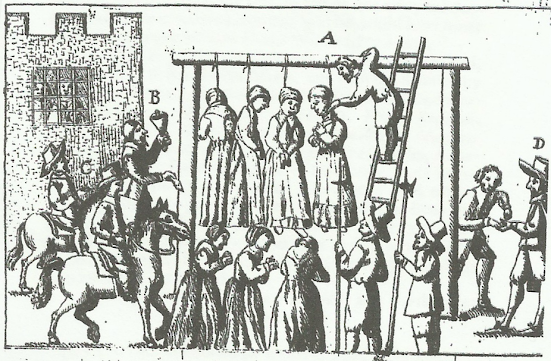Pencil in the date on your calendar (or calendar app)! Barring any unforeseen circumstances like a natural disaster, foreign invasion, or catastrohpic illness, Lee Hsien Loong will finally step down and make way for a capable, able-bodied, and willing successor. Lawrence Wong will indeed become Singapore's 4th prime minister on 15 May 2024.
Yet the emerging details of the handover are of concern and raise questions about the governing capacity of the Lawrence Wong premiership. When Mr Wong takes over, he does so under the mentorship of Lee, and without any immediate change in policy or a major reshuffle of the cabinet.
Wong's sound and reassuring reasoning that Singapore's "system works on the basis of continuity and progressive change" still begs the question: Why should the nation wait till after the next general election to find out his personal vision and roadmap for the country, his policy direction, and the leadership renewal that will accompany these changes in the cabinet? Even the alleged "seatwarmer" Goh Chok Tong promised a kinder, gentler, more consultative Singapore before his maiden election, clearly communicating a clear difference in style, vision, and mode of governance.




















